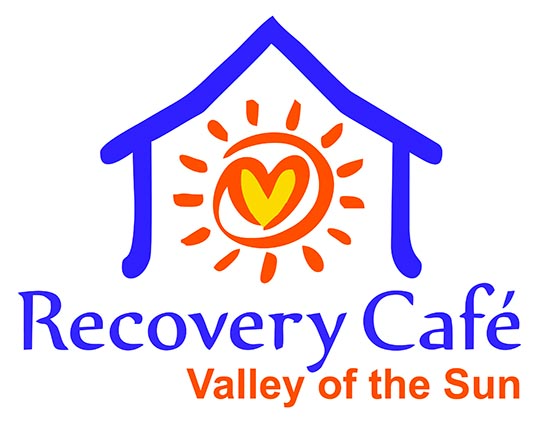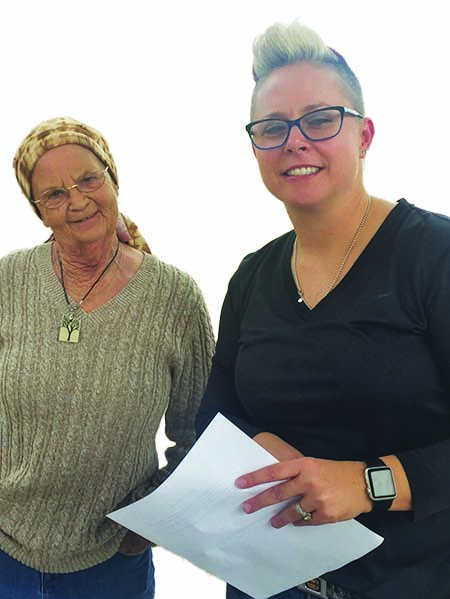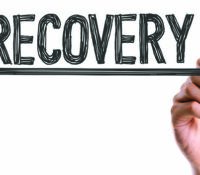Navigating the Unexpected in Recovery By Tim McLeod, NCRC-II Director of Alumni Relations & Connect365, Sierra Tucson Recovery is a lot like taking a car trip. Preparation begins even...
Navigating the Unexpected in Recovery
By Tim McLeod, NCRC-II
Director of Alumni Relations & Connect365, Sierra Tucson
Recovery is a lot like taking a car trip. Preparation begins even before you get behind the wheel. You pack your bags, map the journey, ensure the car maintenance is up to speed, and get your playlist in order to ensure a pleasant experience. However; best laid plans can encounter bumps in the road (pun intended), and it’s how you navigate those unexpected delays, road detours, or car troubles that ultimately define how you navigate the situation to arrive at your destination. Will you surrender to feelings of annoyance and despair, OR, accept the delay in stride and persevere with grace to eventually reach your destination in one piece?
Being resilient is the difference between handling the surprises that compound our quest to reach our goals with minimized stress and succumbing to roadblocks that leave us feeling exhausted and dejected. Recovery is fraught with setbacks and surprises. Staying the course requires an underlying fortitude to do whatever it takes and conquer whatever life throws at you to succeed.
Yet, being thrown into the unfamiliar through no choice of our own can sometimes present a challenge to find the silver lining, especially when the situation is unpleasant. Yet, as I found, there is an opportunity in discovering something positive about oneself even in the most unexpected and frightening situations.
I was thrown into the unexpected last fall when I had an accident and fell off a stage that I was supposed to be standing on only hours later to lead the Sierra Tucson Alumni Retreat. Instead of welcoming the individuals who traveled — some thousands of miles — to be together and reconnect at a beautiful resort in the foothills of the Santa Catalina Mountains, I was sitting in a hospital waiting to see what damage the fall had done.
That day cascaded into months of discovering my own resilience. After surgery a few months later, ongoing physical therapy, challenges in finding ways to sleep comfortably each night, and disruptions to my ability to travel and do the things I had grown accustomed to doing, I noticed a photo that was taken of me after returning to the resort where the event was being held. My arm was in a sling, my hair was going every which way, and my shirt was disheveled. But what I couldn’t help but notice, as I looked at this photo, was the sincere smile on my face.
Last year’s Alumni Retreat theme was Navigating. In a photo I am wearing my Retreat name badge, but the word that stands out in the boldest and largest type was not my name, title, or any of the other details. It was the word Navigating. I can’t help but smile thinking that was exactly what I was doing, and would be doing for months after as I made my way through the maze of the short-term disability procedures, the research and selection of my surgeon, physical therapy, and so much more.
Those of us within the recovery community understand that navigating with resilience requires following three basic guidelines:
- Set realistic expectations. Even before you begin addressing your substance abuse, debilitating trauma, unbearable mood struggles or chronic pain, realize the road through recovery will be hard. Tell yourself while you will try to remain positive, things likely won’t go as planned and you will hit snags, big and small along the way. Know that is okay and to be expected.
- Create paths for success. Once you accept things may not go as scripted, do everything you can to set yourself up to be successful. In recovery that means surrounding yourself with people who support you, which may result in ending old relationships and creating new ones that are based on your self-care. Minimize setbacks by not hanging out with people who don’t have your best interest at heart. Refuse to be put in situations that weaken your resolve.
- Recognizing your shortcomings. Forgiving yourself. Moving on. Know that you are 100% human. That means you will occasionally trip and fall. You will make a bad choice. There are times when you may ignore everything you learned in recovery and fall back on old habits. The sooner you admit you retreated into old habits or allowed negativity into your recovery journey, the quicker you will be able to navigate to a place of resilience.
Each time you challenge a setback with these guidelines you will strengthen your resolve and build your self-esteem. As a result, you will begin rebuilding your resilience reserves, and while the road will still present unexpected twists and bumps, you’ll reach your destination knowing you successfully navigated all that life threw your way.
Tim McLeod joined the Sierra Tucson team as Alumni Coordinator in February2001. Learn more at http://www.sierratucson.com































